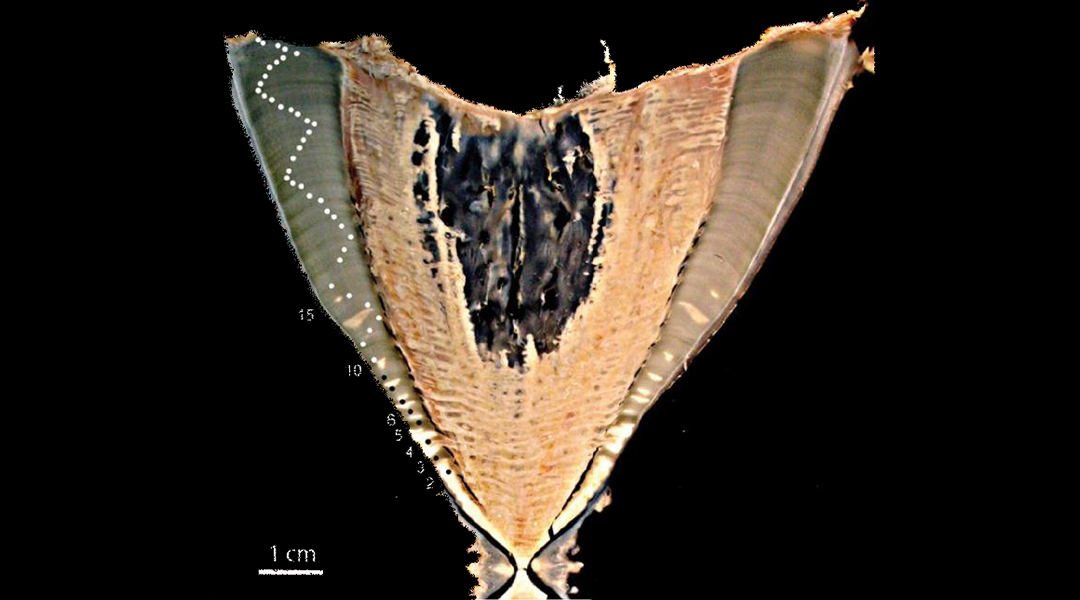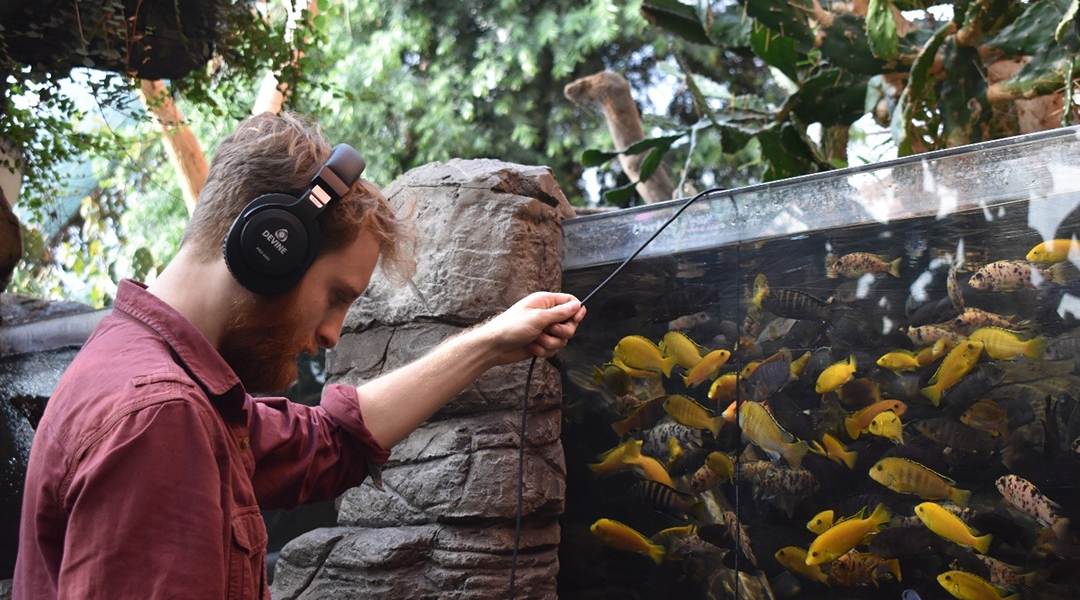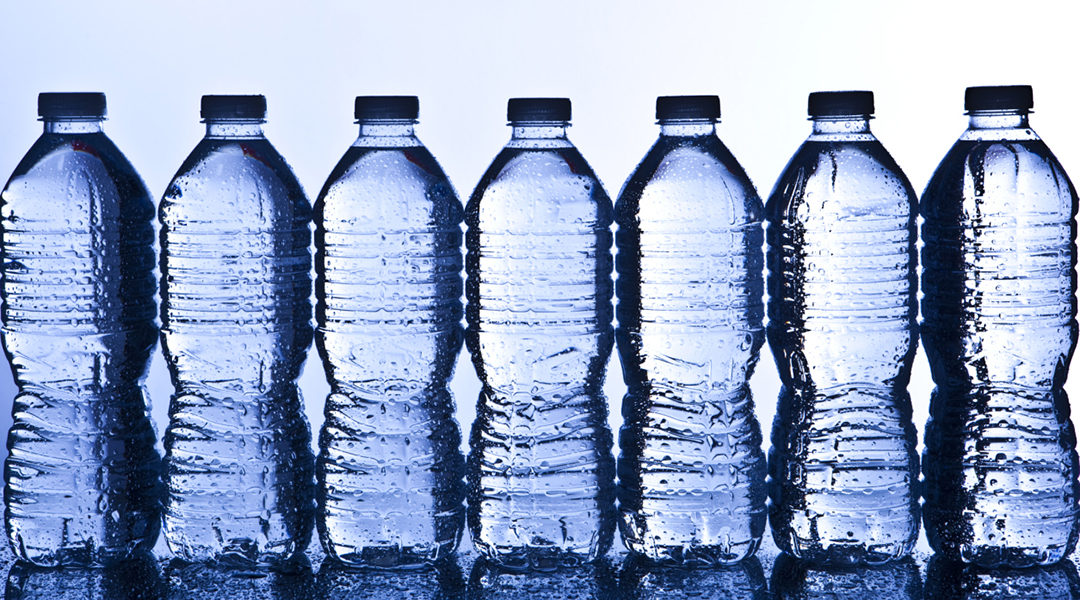An increasing number of streams and rivers that formerly flowed all year are beginning to experience dry periods due to changing climate and water withdrawals for human use.


An increasing number of streams and rivers that formerly flowed all year are beginning to experience dry periods due to changing climate and water withdrawals for human use.

Demand for chillers to cool spaces like airports and shopping malls is expected to grow dramatically over the next three decades.

The radioactive legacy of the arms race solves a mystery about the world’s largest fish.

Effective climate mitigation policies can be realized with the help of agent-based models.

Freshwater ecologists are becoming interested in noninvasive surveying techniques, such as ecoacoustics, to gather crucial data and plan conservation efforts.

Making Europe go from bottled water to the tap will require political and societal attempts to induce behavioral change to mitigate the amount of plastic currently being consumed.

Around the world, cities and regions are showing significant drops in pollution and greenhouse gas levels.

There has been a growing interest in delivering action with results on the ground, which is shaping how cities and urban areas are responding to climate change.

Dutch researchers develop a new computational model that could help turbine designers manage large uncertainties in wind and wave behavior.

Researchers have created and structured a collection of freely accessible global datasets to support future studies on floods, droughts, and their interactions with changing societies.